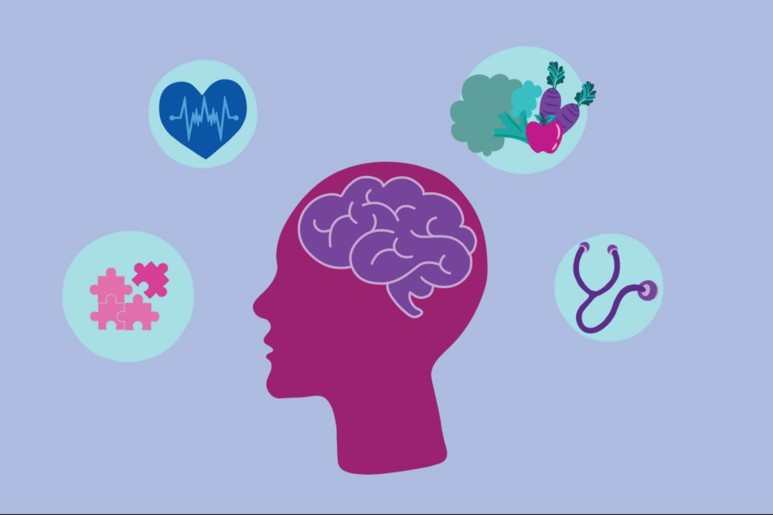

The human brain has an amazing capacity to be exercised, so learn how to use this "power" to facilitate your memorization.
Memory is one of the most important functions performed by the brain, the ability to keep and retrieve memories was crucial for our evolution and is essential for our survival.
This deficit can be explained by the contemporary routine that does not demand brain effort and does not contribute to the strengthening of memory, another factor that interferes in this process is the excess of dopamine that the modern lifestyle stimulates in the brain with the help of social networks and electronic games.
However, all is not lost. The brain has an incredible ability called neuroplasticity, which consists in the adaptation of its systems in face of a certain scenario, making it possible to stimulate it through some exercises.
With this in mind, the post-doctoral neuroscientist Dr. Fabiano de Abreu Agrela wrote an article entitled "Techniques for memorization - About engram cells" - published by the Multidisciplinary Journal of Latin Science - which delves into this process and presents some important tips to improve memorization, here are a few:
Speaking out loud
This way you will stimulate the sensorial memories while learning, but remember, it is desirable that you use this technique together with writing or typing because you will also use some of your touch and more physical processes in the process.
Link to a long-term memory
When you already have an established memory, try to link it to the new memory you are trying to create, for example, when you create a password and want to remember it easily you link it to a birthdate or any other numerical sequence already ingrained in your memory.
Make summaries and outlines
Just reading and reciting the content is not enough to fix it in your brain, creating summaries, schemes or mind maps about it help your brain to create logic about the subject, helping to systematize the main concepts exposed and facilitating the revision of the subjects already studied.
Repetition
This may seem to be one of the most "hit" tips, but although it may seem that it is only useful for short-term memories, like memorizing the subject of a test the day before for example, if done periodically in some specific time intervals it is also important for fixing long-term memories.
Teach the subject
When you teach another person your brain will try to re-work the content in a more didactic way, this process works as a review and brings together several tips already described above in one go, when you teach, you repeat, talk, link to long-term memories and summarize.
In addition to these tips, Dr. Fabiano de Abreu also presents several other tricks in his article to aid your memorization, but he emphasizes that your brain needs to be healthy in order for you to be able to grasp information more efficiently.
"The learning process is different for each person, but the most important thing to remember is that only a healthy and rested brain is able to memorize information or content. Dedicate yourself to techniques, but don't forget to take care of yourself."
"Good nutrition, sleeping at night and not at dawn, reduced use of social networking, greater bond with nature, more interaction with people, physical exercise, in-depth reading, documentaries that bring knowledge, are some of the habits necessary for the brain to have a better capacity through the homeostasis necessary for the use of intelligence."
About Prof. Dr. Fabiano de Abreu
Prof. Dr. Fabiano de Abreu Agrela, is a PhD in neuroscience, Master in psychology, Bachelor in biology and history; also a technologist in anthropology with several national and international trainings in neuroscience. He is the director of the Centro de Investigaciones y Análisis Heráclito (CPAH), Scientist at the Martin Dockweiler University Hospital, Head of the Department of Science and Technology at Logos University International, active member of Redilat - La Red de Investigadores Latinoamericanos, of the scientific committee of Ciência Latina, of the Society for Neuroscience, the largest neuroscience society in the world in the United States, and professor at the universities of medicine at UDABOL in Bolivia, Escuela Europea de Negocios in Spain, FABIC in Brazil, research scientist at Universidad Santander in Mexico and member of APBE - Portuguese Association of Evolutionary Biology.
Source: T&B Petroleum/Press Office
Contact us